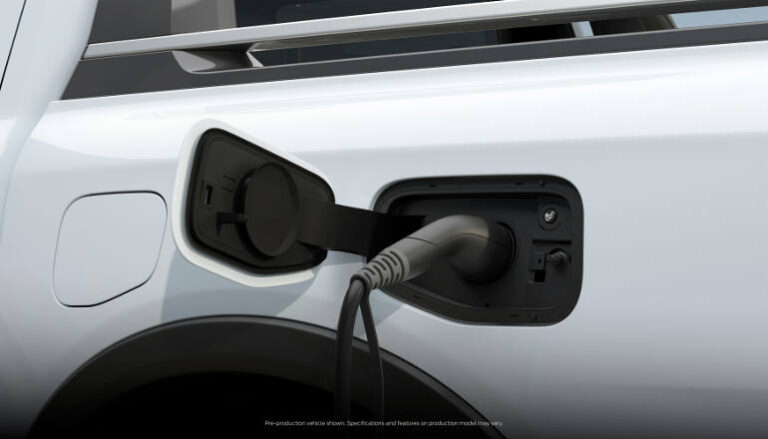In NSW, a Road User Charge (RUC) on electric vehicles is planned to take effect in 2027. This will have a major impact on fleets and private EV owners. However, in the budget papers it was highlighted that the current court case in Victoria on RUC may scuttle these plans.
Here’s the comments from the NSW budget papers:
The High Court will soon decide the constitutional validity of the Victorian electric vehicle road user charge (EV RUC) in the case of Vanderstock and Anor v the State of Victoria. The outcome is uncertain and could have broad-ranging implications for the Australian and state tax base. The plaintiffs argue that the Victorian EV RUC is unconstitutional on the grounds that it is an excise and therefore invalid under section 90 of the Constitution, which reserves this power for the Australian Government. If the plaintiffs succeed, it is possible that the equivalent NSW EV RUC could also be deemed unconstitutional. While the NSW EV RUC is not expected to commence until 1 July 2027, the revenue at risk is expected to be $180 million in 2027-28 and $1.7 billion annually in the long term.
The decision could also have broader impacts to the NSW tax base if the High Court extends the kinds of taxes prohibited by section 90 of the Constitution to include consumption taxes. Such a decision might impact the constitutionality of other state-imposed taxes that could be categorised as a consumption tax.






